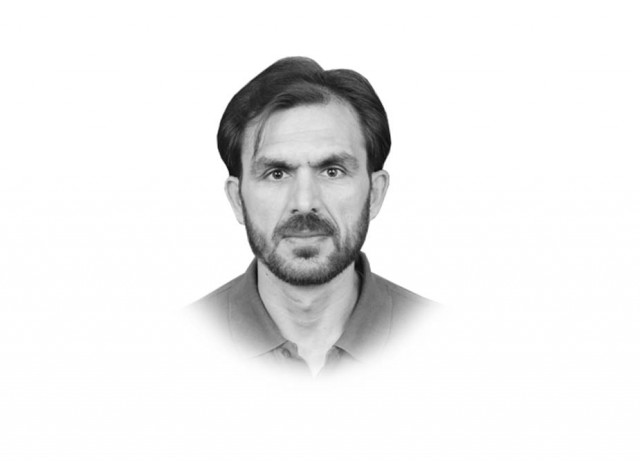America’s dangerous ‘jihad’ in Syria
Sunni Arab support for the rebellion against Assad, an ally of Iran, could set off a new sectarian strife.

America’s dangerous ‘jihad’ in Syria
It is no longer a secret. The United States and its regional allies — Saudi Arabia, Qatar and the UAE — as well as Turkey, are actively supporting the Syrian rebels. The CIA is said to be using a key Nato base in southern Turkey to train rebels and to provide them with wherewithal. The agency is abetted by its European counterparts in this indirect war. China and Russia, on the other hand, oppose foreign intervention and blame the US for scuttling every effort for a political settlement. For the Obama Administration, the ouster of the Baathist regime is the key to the broader objective: containment of a defiant Iran, and subsequently, quashing the only threat to its greatest geopolitical ally in the region, Israel. Tehran stands by the Assad regime to protect, what it calls the “axis of resistance” in the region (Hezbollah in Lebanon and Hamas in the Palestinian territory being other members of the axis).
It is like déjà vu all over again. The United States is doing what it did 33 years ago in Afghanistan. Then US administrations created the monster of ‘mujahideen’ (who later morphed into the Taliban and global jihadis) and nurtured Osama bin Laden to fight America’s ‘jihad’ against the ‘god-less’ Soviets. Pakistan was used as a launch pad — where Islamic seminaries churned out jihadis who were trained in camps along the Pakistan-Afghanistan border. The US funnelled money and weapons with little, and at times no, oversight. After successfully containing the expansion of Soviet communism, the US left the region infested with jihadis for Pakistan and Afghanistan to deal with.
In Syria, the US policy has two-pronged dangers. First, Washington is supporting the insurrection against Bashar al-Assad, knowing well that al Qaeda-linked jihadis are hijacking the 17-month-old uprising (now a full-blown civil war). Turkey and Arab states, perhaps, as unwitting pawns, are colluding in this dangerous game. If the Assad regime falls, jihadis would seek a share in the spoils and, if given, they would turn Syria into another haven for jihadis. The US would do what it did in Afghanistan: wind up its indirect war and leave its regional allies to deal with the mess.
The second consequence of this proxy war could be more dangerous and destabilising for the region. The Sunni Arab support for the rebellion against Assad, a key geopolitical ally of Iran, could set off a new sectarian strife and spark off renewed hostilities between the Sunni and Shia blocs in the region. This would be detrimental to the Muslim world, particularly the Gulf region, and would benefit only the global jihadis.
Published in The Express Tribune, September 4th, 2012.














COMMENTS
Comments are moderated and generally will be posted if they are on-topic and not abusive.
For more information, please see our Comments FAQ